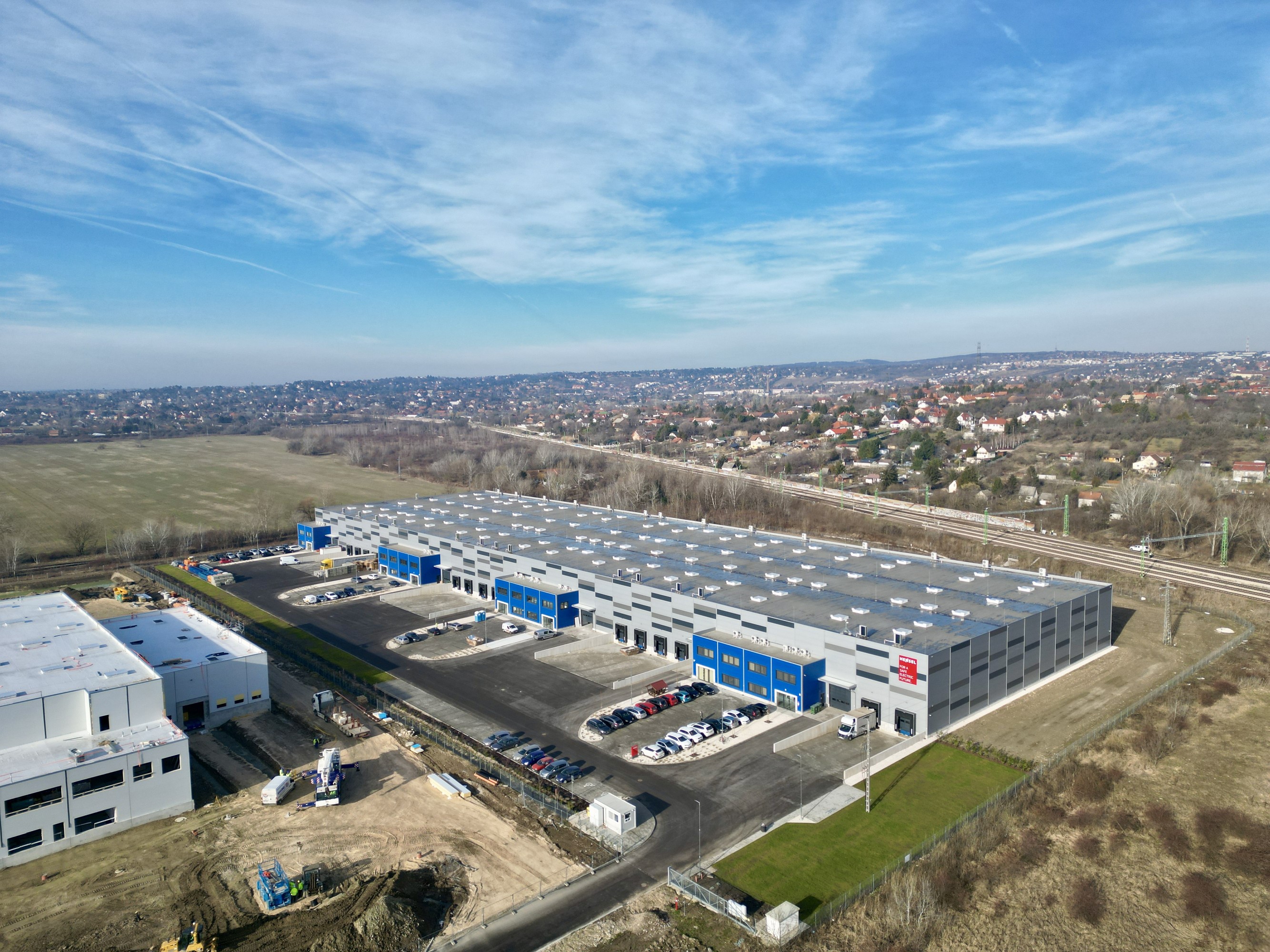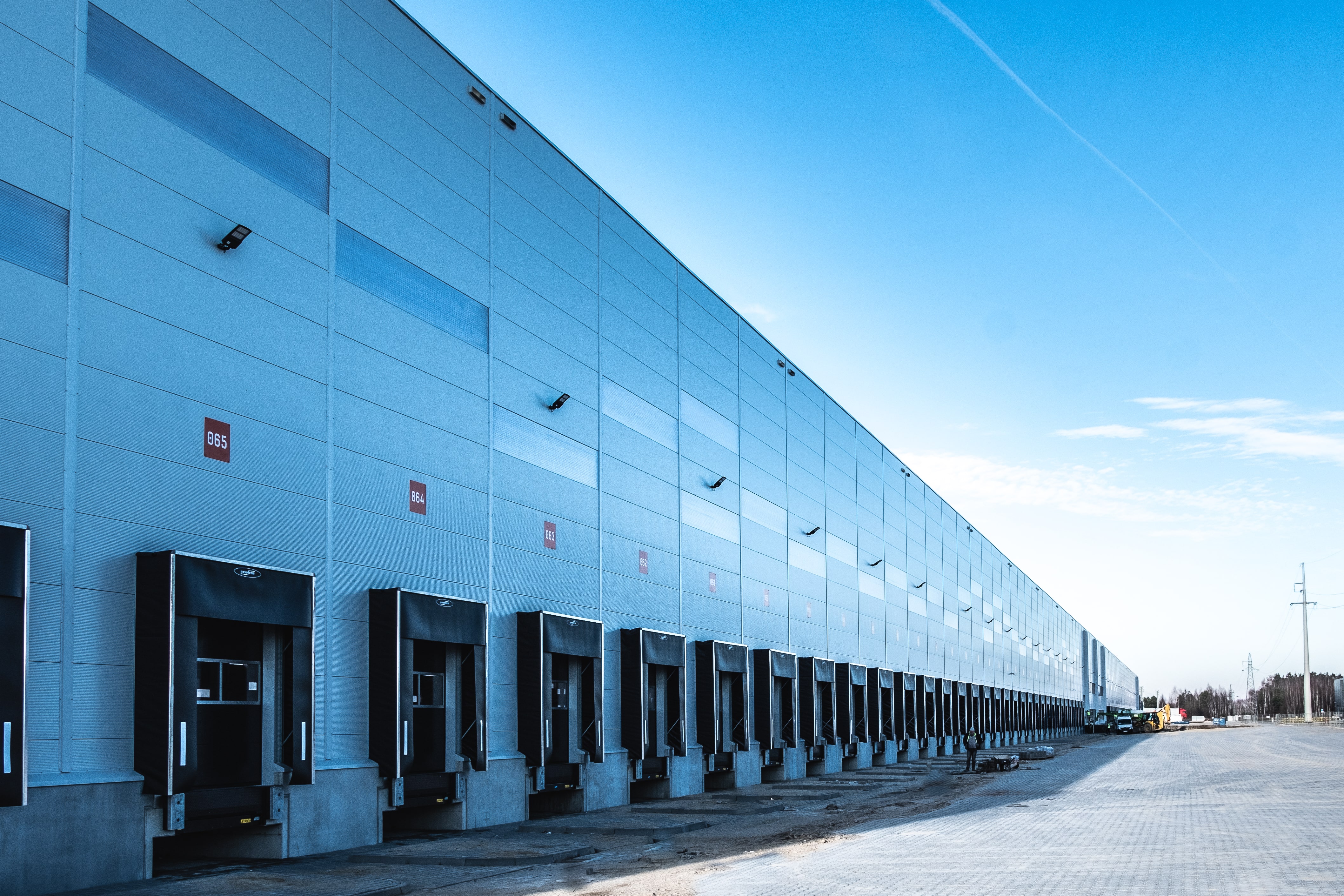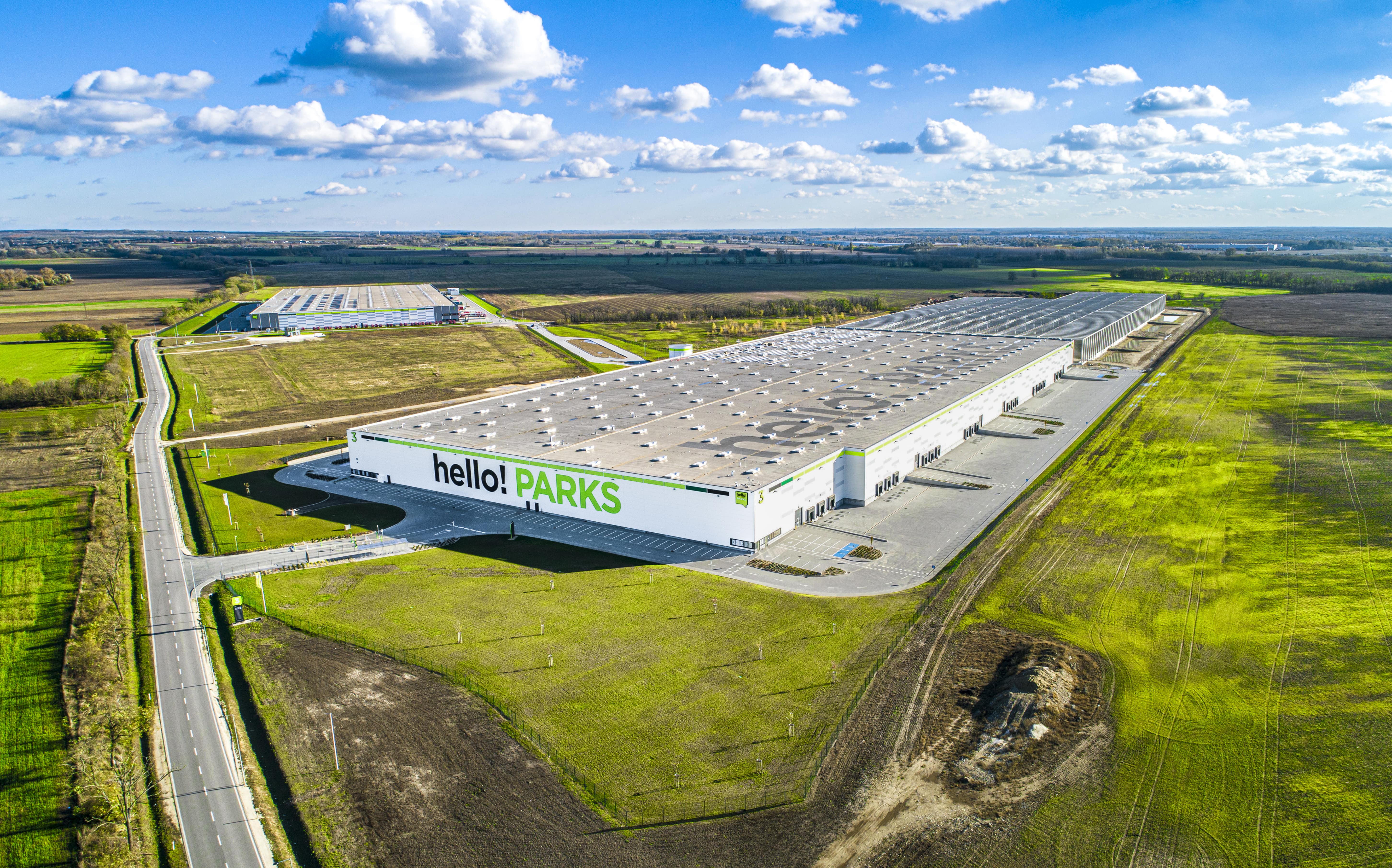Leveraging the Up-curve for Long-term Benefit

Mátyás Gereben, country manager of CPI Hungary, talks about a historic deal, looking out for tenant satisfaction and playing a long-term game.
Mátyás Gereben, country manager of CPI Hungary.
When the Czech-owned CPI Property Group announced on March 30 it had just closed a EUR 650 million, multi-country portfolio purchase, it described the deal as historic. Country manager Mátyás Gereben says that is true whether looking at the group or its Hungarian operations.
“You have to understand the evolution of CPI in the last five-ten years in global terms. CPI has been around for 20 years and this is unquestionably the biggest acquisition in its existence, so it fully justifies being called historic,” Gereben says.
“From a Hungarian point of view, CPI did not even exist before 2014. Between 2014 and 2017 the speed of increase of CPI has been so immense that, with this acquisition we became one of the top five investors in the Budapest market. That also is historic.”
Long-term Game
The fact that Hungary formed such a sizeable part of the overall portfolio is also significant, he says. “That the Czech owner believes in the Hungarian market and wants to put money and energy into developing the Hungarian business is good for us. The overall reputation of CPI also helps, because it is pretty well known in the market that it is not into short-term profit deals. We do not seek to buy at high yield, do whatever value add we can in the time available to us and then exit. Long-term cash flow generation is the aim of the game from our side.”
In total the deal involved properties in Czech Republic, Hungary, Poland and Romania with a total leasable area of about 265,000 sqm.
The portfolio consists of the major shopping centers Olympia Plzen and Nisa Liberec in Czech Republic, Ogrody in Poland, Polus and Campona in Hungary, and Felicia in Romania; the multifunctional complexes Zlaty Andel in Prague and Andrássy Palace in Budapest; and two Interspar stores in Hungary.
Almost half of the total leasable area taken in by the deal is in Hungary (coming to 113,000 sqm aggregate); that has seen the local company expand dramatically. “Previously, the total managed portfolio of CPI Hungary was a little more than 200,000 sqm, so we have grown almost 60%
with these acquisitions,” Gereben explains. “Of that initial 200,000 sqm, there was marginal logistic space, a few hotels, but 180,000 sqm was offices, so this acquisition has balanced out the two biggest commercial interests of CPI. Right now, our office and retail portfolios are pretty much 50-50. That gives us a good balance in terms of opportunities.”
Cross-jurisdictional deals are, by their very nature, complex, yet this one took what seems like an impressively short period of time to pull together. It started with an invitational tender that led to six bidders in the first round, which was then whittled down to three. “We started the initial discussions sometime in April last year, which means 12 months was enough for the due diligence and negotiating the SPA [sale and purchase agreement] and processing the handover. It is quite an extensive portfolio; 12 months is a pretty good time frame.”
Triple-A
The Andrássy Palace is a twin office complex located in the heart of Budapest between Andrássy út and Paulay utca. The renovation of the classical Andrássy building ensured that all the original elements were retained and restored, and it also gained a new roof conference room using a unique combination of glass, steel, wood and stone. The Paulay Ede building forms a more contemporary wing of the Andrássy building. “It is an ‘A’ class building in a triple-A location and functioning very well. It is 100% let at present and so will add a lot of value to the existing portfolio,” Gereben says.
The more eye-catching elements of the Hungarian portion of the deal, however, are the two shopping centers, which were among the first generation of malls in Budapest. Indeed, Polus was originally built by the developer TriGranit, and opened in 1996 as the very first American-style shopping center in Hungary, with 260 retail shops over an area of 58,000 sqm. The Campona is a little younger, having opened in 1999, and is perhaps best-known for its tenant the Tropicarium, which opened in 2000 as the largest sea aquarium in Central Europe. The center has 160 shops across 40,000 sqm.
Right now, the properties are being integrated into CPI Hungary’s management systems, but what are the next steps? “Obviously, we have long-term goals. Neither of the shopping centers are latest generation, but both have very healthy turnover and footfall figures, which is a good base. The focus will be on Campona. Polus had a significant refurbishment in 2012-13-14, so in terms of renewal and facelift it does not need that much. It is almost fully let, but even so we think there are improvements we can make over time in terms of customer satisfaction and optimizing the tenant mix. Campona, on the other hand, has never really been refurbished. There was some basic work done in 2010, but I would not call it a refurbishment. Then we have to look at the existing shops and distribution, and we also have to recognize that there is a different catchment area to 17 years ago when it first opened.”
Admittedly, the ink has barely had time to dry on this historic deal, but are there other acquisitions in the pipeline? “Opportunity is driven by the market; at the moment – in all fields of real estate – there is a hunger from the demand side to move into quality real estate: we are on an up-curve. We are looking at other opportunities, there are some in the pipeline although I cannot talk about them right now, but there is interest and appetite there to leverage this up-curve.”

Campona Shopping Center.
SUPPORT THE BUDAPEST BUSINESS JOURNAL
Producing journalism that is worthy of the name is a costly business. For 27 years, the publishers, editors and reporters of the Budapest Business Journal have striven to bring you business news that works, information that you can trust, that is factual, accurate and presented without fear or favor.
Newspaper organizations across the globe have struggled to find a business model that allows them to continue to excel, without compromising their ability to perform. Most recently, some have experimented with the idea of involving their most important stakeholders, their readers.
We would like to offer that same opportunity to our readers. We would like to invite you to help us deliver the quality business journalism you require. Hit our Support the BBJ button and you can choose the how much and how often you send us your contributions.








